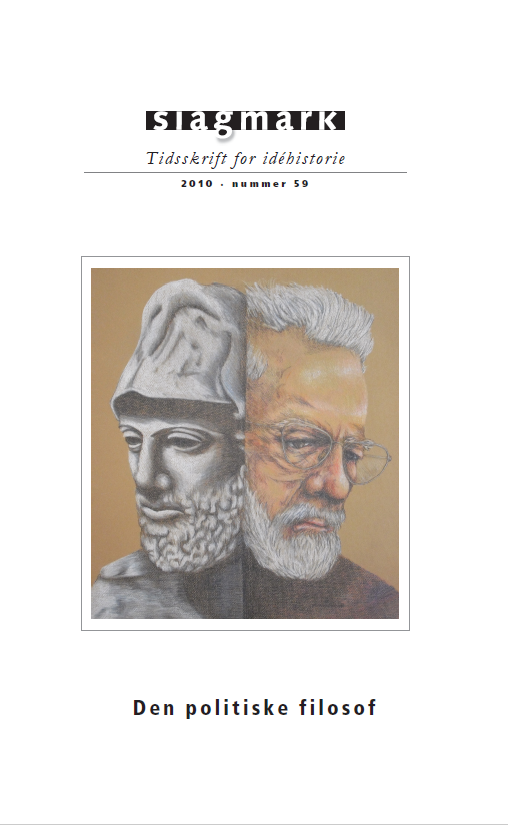Magtens øre – Om den intellektuelle som magtens rådgiver
DOI:
https://doi.org/10.7146/sl.v0i59.104731Nøgleord:
Power, Advice, Tyranny, State, Political PhilosophyResumé
No public power is without its advisors, people outside power but essential to its efficiency and functioning. Political philosophers have always lived and worked closely to the public power, as advisors, celebrators, critics and this relationship is also always fraught with dangers. Not only for the philosopher or intellectual risking his or her independence and possibly also life but also for the power itself. If one can give advice to power, and thereby demonstrating intellectual superiority, why not then usurp power for oneself? Political philosophy is filled with discussions of the necessity and dangers of political advice and this article explores the historical transformation of the public power from a personal rule to an administrative system and how that transformation changes the question of the giving and taking of advice. Reading a large number of known and relatively unknown sources a whole advice literature is presented having as its ultimate theme the most important political question from antiquity until today: how to gain and preserve power.Downloads
Publiceret
Citation/Eksport
Nummer
Sektion
Licens
Ophavsretten til artiklerne i Slagmark deles mellem forfatter og Forlaget Slagmark.
Artikler og tekstmateriale publiceret i Slagmark må citeres, downloades og videresendes for ikke-kommerciel brug, under forudsætning af normal akademisk reference til forfatter(e) samt tidsskrift, årgang, nummer og sider.
Brug og distribution af tekstmateriale både i form af papirkopier og elektroniske kopier, til undervisningsbrug på uddannelsesinstitutioner og intern brug er tilladt efter aftale med Copydan Tekst & Node. Brugen skal ske inden for aftalens rammer.
Artikler og tekster må kun genudgives med eksplicit tilladelse fra forfatter(e) og tidsskriftet med en anerkendelse af værkets første publicering i nærværende tidsskrift.





